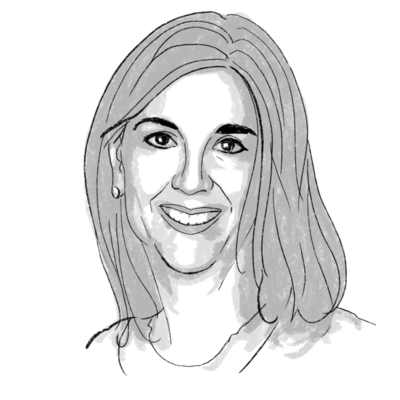Error loading media: File could not be played
00:0000:0000:00
00:00
 April Austin
April Austin
When you think about the basic needs of Ukrainian refugee children, books would seem to occupy a place much farther down the list than food, clothing, and shelter. But for Maria Deskur, CEO of Poland’s Universal Reading Foundation, the idea of giving books to children is nearly as urgent.
“The help for kids here is crucial,” Ms. Deskur explains in a video chat from Warsaw. “Reading to a child creates a sense of safety, the feeling that ‘If we have time to read a book, that means we are OK,’” she says.
Her foundation aims to get as many Ukrainian-language books into the hands of refugees as possible. With 20,000 books still in transit out of Ukraine, her group has distributed about 30,000 printed by Polish publishers. Ms. Deskur would love to see the overall number rise to 200,000 or even 500,000 books, including those for teens and adults. The Universal Reading Foundation has so far raised $170,000 toward its goal.
The organization, whose purpose is to increase literacy rates in Poland, has another motive behind its efforts – encouraging reading as a civic good. At the end of World War II, Poland’s libraries and publishing industry lay in ruins.
“After 70 years, we are still behind the other societies where that didn’t happen,” Ms. Deskur says. “We have to help Ukraine so this doesn’t happen there.”
The challenge is vast. One million Ukrainian children have arrived in Poland and more are coming every day. The consequences of low literacy rates “are terrible. A society that reads is more open; it’s a society that can enter into a dialogue and understand each other better,” Ms. Deskur says.

Our name is about honesty. The Monitor is owned by The Christian Science Church, and we’ve always been transparent about that.
The Church publishes the Monitor because it sees good journalism as vital to progress in the world. Since 1908, we’ve aimed “to injure no man, but to bless all mankind,” as our founder, Mary Baker Eddy, put it.
Here, you’ll find award-winning journalism not driven by commercial influences – a news organization that takes seriously its mission to uplift the world by seeking solutions and finding reasons for credible hope.
Explore values journalism About us